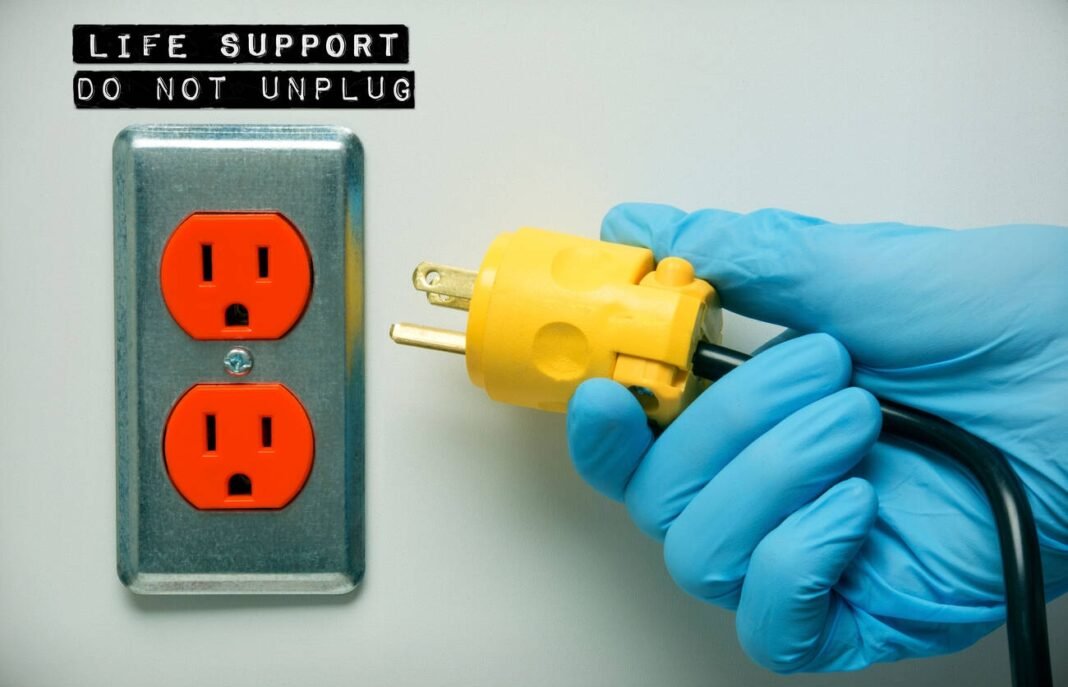Assisted dying has become one of the hottest topics in Britain these days. This issue has provoked medical and legal debates and raised deep moral questions. There is debate over the legality or illegality of assisted dying in many countries. Assisted dying is legal in some countries and illegal in others. Britain remains wary of changing the law. In the UK, the assisted dying debate has been on the rise for some time now. The subject of assisted death has many supporters and opponents and has led to tensions in political and legal circles. This article examines the legal status of euthanasia in the UK.
What is self-inflicted death?
Assisted death means legal and medical assistance to a person who has decided to end his life due to incurable disease and unbearable pain. Supporters of the assisted death law emphasise that every person has the right to make their own decision about ending their life. Therefore, there should not be any legal restrictions in this field. This right is even for when a person is nearing the end of his life. When someone is dealing with a disease that has no cure and is dealing with unbearable pain every day, why shouldn’t they be able to decide on the end of their life?
The legal status of euthanasia in Britain and other countries of the world
The legal status of euthanasia is entirely different in countries of the world. Currently, active euthanasia, or self-inflicted death, is legal in the Netherlands, Belgium, Colombia, and Luxembourg. The laws of Switzerland, Germany, Japan, Canada, and some American states also allow passive euthanasia or assisted suicide. British MPs rejected the Right to Die Bill once in 2015. In 2015, a majority of British MPs voted against the “right to die” in the UK. According to the Suicide Act 1961, it is a crime to encourage or assist others to commit suicide in England and Wales. Assisted suicide is also illegal in Scotland and Northern Ireland.
Assisted suicide is illegal in the UK.
In the UK, assisted suicide remains illegal. Those who help someone along the way may face severe penalties, including up to 14 years in prison. But these laws have not stopped several Britons from travelling to clinics abroad, such as Switzerland, to end their lives each year. Determining the legal status of euthanasia is for these reasons, which has once again been raised in the UK Parliament.
Demands to legalise euthanasia rise in UK Parliament
One of the most prominent supporters of legalising euthanasia is Labour MP Kim Leadbeater. Leadbeater says it is necessary to determine the legal status of euthanasia in the UK. She has requested the legalisation of this process by presenting a bill. The MP believes that people suffering from incurable diseases should have the right to end their lives with the help of doctors at their desired times and conditions. Through this bill, she tries so that people who are nearing the end of their lives and have no hope of recovery can choose the time and manner of ending their lives. From her point of view, the legal status of euthanasia in Britain is unfair and cruel. Patients who wish to die in peace must either suffer or travel to Switzerland. Proponents of the legalisation of assisted dying believe that the current situation must be changed.
The arguments of the opponents of the legalisation of euthanasia in the UK
Shabana Mahmood, the Secretary of Justice, is a staunch opponent of this law. She believes that legalising assisted dying may open a dangerous line. From her point of view, once we cross this line, we cannot control its moral and social consequences. Some doctors and palliative care centres, including Hospice UK, also believe that end-of-life care should be improved rather than trying to change the law on assisted dying. Proponents of legalising assisted dying say it can help patients endure less pain and suffering.
Medical challenges of legalising euthanasia
One of the problems in this path is the medical challenges associated with accurately predicting the time of death. According to the proposed bill, patients with less than six months to live can benefit from this law. But can doctors predict this accurately? Many doctors believe that this task is not only challenging but also impossible in many cases. Dr. Mark Taubert, who has much experience in this field, stated that accurately predicting the time of death is very complicated. Sometimes, patients thought to have only days or weeks to live have survived for years. This medical uncertainty has caused some doctors to worry.
Palliative care is the solution to prevent suicide.
Dr. Gordon Macdonald says that if the palliative care system improves, there will be no need for assisted dying. He believes that many patients feel they must end their lives simply because of a lack of adequate palliative care. This is even though if they are psychologically and emotionally supported, many of them will no longer need such a decision.
Britain faces the most sensitive decision in the medical field.
Supporters of euthanasia law believe that every person should have the right to choose the end of their life. At the same time, opponents of the euthanasia law worry that its legalisation will lead to the abuse of vulnerable people. Opponents argue that England determined the legal status of euthanasia once in 2015. Britain is facing one of its most sensitive decisions. Any result obtained in this case will profoundly impact society, patients, and even this country’s medical system.

